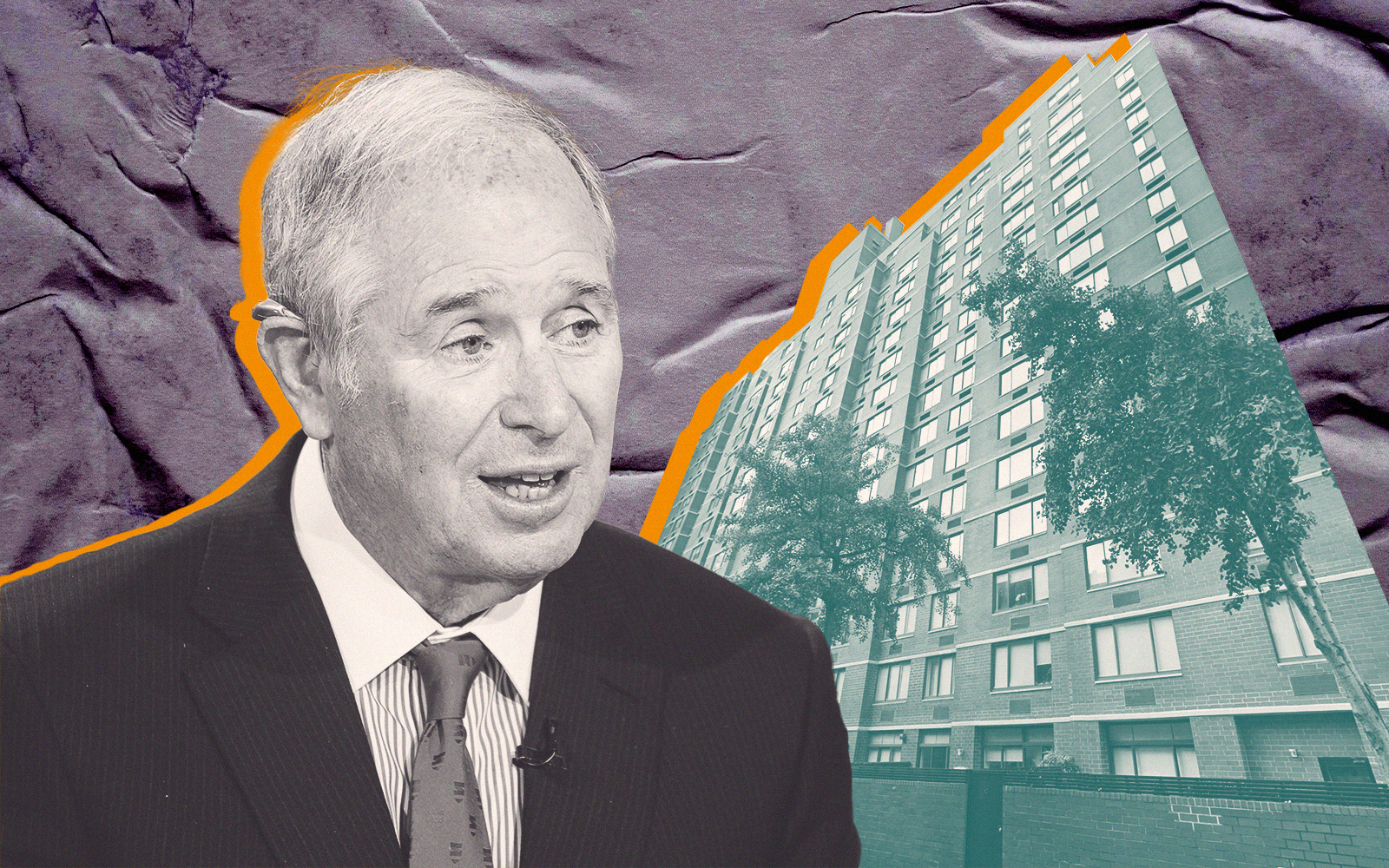Blackstone reported yet another drop in real estate sales, a decline that drove shareholders’ earnings lower.
The investment giant’s third-quarter asset sales in the segment slipped 93 percent from a year ago as higher interest rates and uncertainty continue to stymie deals.
Distributable earnings — cash tapped to pay dividends — on Blackstone’s real estate investments fell 27 percent annually, to $557 million. In the same period, portfolio-wide distributable profits slid 12 percent from a year ago and were flat from the second quarter.
For Blackstone, it was the fourth straight quarter of declining real estate sales, distributable real estate earnings and distributable earnings overall.
Chief operating officer Jonathan Gray on a Thursday morning earnings call said the drops were expected.
“It’s not a surprise when you see in the third quarter and now in the fourth quarter long (term) rates moving as rapidly as they are that market participants pause,” Gray said, referring to the yield on 10-year Treasury notes, a benchmark for loans.
Blackstone highlighted a single deal in its earnings presentation: the $2.2 billion sale of Simply Self Storage to Public Storage.
Blackstone’s stabilized real estate investments saw minimal appreciation of 0.3 percent in the quarter. The value of its opportunistic fund, which targets undermanaged assets, slipped by 2 percent.
The $118 billion firm continued to stress the health of its data center business. Gray called it the “single-largest source of appreciation at the firm,” helped by the “AI revolution.” The COO also touted the performance of logistics, in which Blackstone is heavily invested.
The company acknowledged that growth has moderated for multifamily assets.
This summer, the firm sold a majority stake in a struggling Manhattan apartment portfolio. The $271 million loan collateralizing 11 buildings went to special servicing earlier this year and Moody’s downgraded the debt in March, citing cash flow that wouldn’t cover debt service.
Amid those challenges, the C-suite found silver linings in the decline in multifamily construction, which it said would bolster values of existing apartment buildings, and the firm’s $66 billion in dry powder.
Craig Siegenthaler, a Bank of America analyst, asked on the earnings call whether forecasts of higher default rates could create more investment opportunities next year.
Gray stopped short of describing a specific distress play but acknowledged that firms willing to take a longer-term view on asset values could step in during uncertainty “and make attractive investments.”
“Having this large pool of capital with some more pressure out there — that should create opportunities,” the COO said.
In the wake of the earnings report, Blackstone stock was trading down about 5.5 percent Thursday morning. But it has risen by 10 percent in the past 12 months and by 27 percent this year.
Read more



